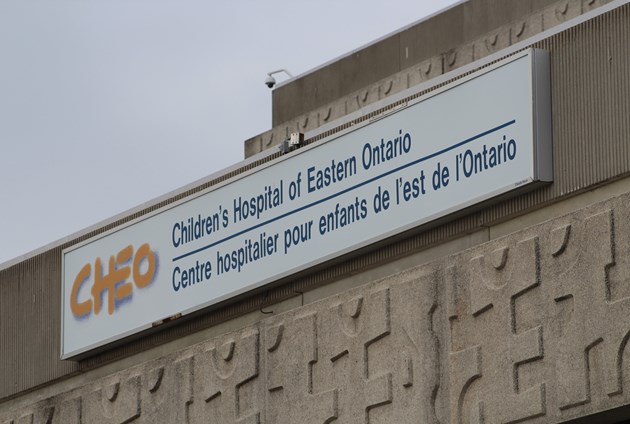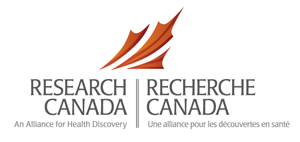 The Children’s Hospital of Eastern Ontario’s new Centre for Genomic Innovation has run its first comprehensive clinical genomic test on site, marking a significant change in the diagnosis of rare diseases in Canada.
The Children’s Hospital of Eastern Ontario’s new Centre for Genomic Innovation has run its first comprehensive clinical genomic test on site, marking a significant change in the diagnosis of rare diseases in Canada.
With funding from the community through the CHEO Foundation, the Centre for Genomic Innovation is expected to deliver genomic expertise as a front-line option of care for rare disease.
World-renowned clinical geneticist at CHEO and senior scientist at the CHEO Research Institute Dr. Kym Boycott will be the new centre’s executive director.
“Families of children with rare diseases often spend years seeking a diagnosis for many reasons, including delays in testing and result interpretation, and going from specialist to specialist,” said Dr. Boycott, who is also a professor in the department of pediatrics at the University of Ottawa. “We’re now able to use genomics to transform the diagnosis of rare diseases.”
“It is very difficult for families living with rare disease to access these tests and it takes far too long to get the answers they need,” explained Dr. Boycott. “This new investment in genomic innovation allows us to bring these genomic tests to the front door of care — getting families the diagnoses they need when they need it. This is so vital, because accurate diagnosis informs care, improves family wellbeing, and gives families access to resources and support.”
The Lincoln family helped open the new centre at CHEO on Thursday, February 28. They have endured a long diagnostic journey, as they looked for answers for their son, Eli.
First referred to the CHEO Genetics clinic at the age of three, Eli and his family finally received an accurate diagnosis — brain-lung-thyroid syndrome — when he was 10. Getting these answers for Eli also provided an accurate diagnosis for his father Richard.
“A diagnosis opened doors for us,” said Eli’s mother Judy. “It does not mean Eli’s life is easier, but he has a new confidence, knowing there is a name for the symptoms he experiences. Eli’s diagnosis also helped my husband Richard, who had been incorrectly diagnosed with mild cerebral palsy and asthma. As it turned out, he has the same rare disease as Eli. But it took our family a long time to get to this point. I’m grateful that the community is supporting CHEO’s genetics work and investing in making genetic discoveries happen earlier for families.”
“An accurate diagnosis is the cornerstone of good clinical care,” said Alex Munter, President and CEO of CHEO. “For rare diseases that’s often elusive. We are talking about critically ill children where nobody knows what’s wrong or how to best care for them. As dedicated health professionals, we wonder if more could be done. Patients and families are desperate for answers frustrated by the endless testing. With this new centre, we are making sure that we can do more for these families.”
“The work we’ll do through the Centre for Genomic Innovation will bring the promise of genomic discoveries to patients with rare disease here at CHEO,” said Dr. Martin Osmond, CEO and Scientific Director of the CHEO Research Institute. “In research, we often talk about how we take discoveries in the lab, or at the ‘bench,’ to the patient, or the ‘bedside.’ This often takes years, sometimes decades. With the centre, we can quickly move research discoveries into the clinic, aiming to shorten the time between bench and bedside. It catalyzes CHEO’s international leadership in precisions medicine for rare disease and will improve the lives of families locally, nationally and internationally.”
This article was originally published on February 28, 2019 by Mike Vlasveld, OttawaMatters.com
